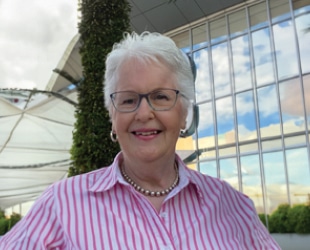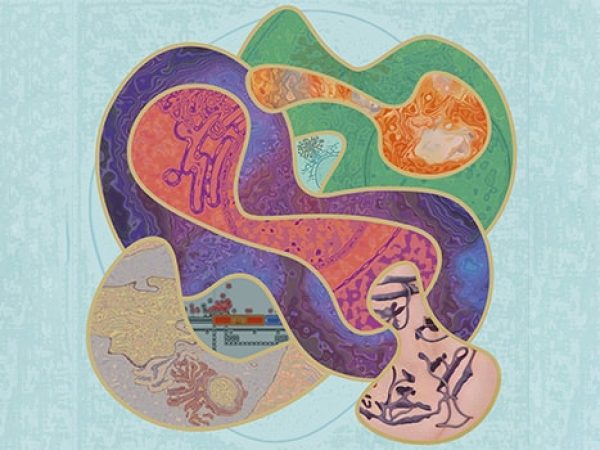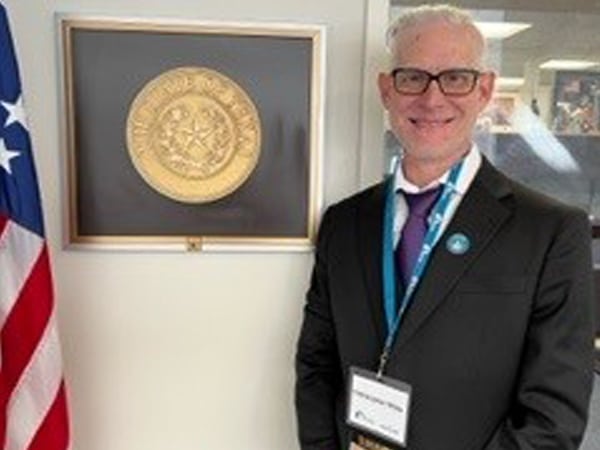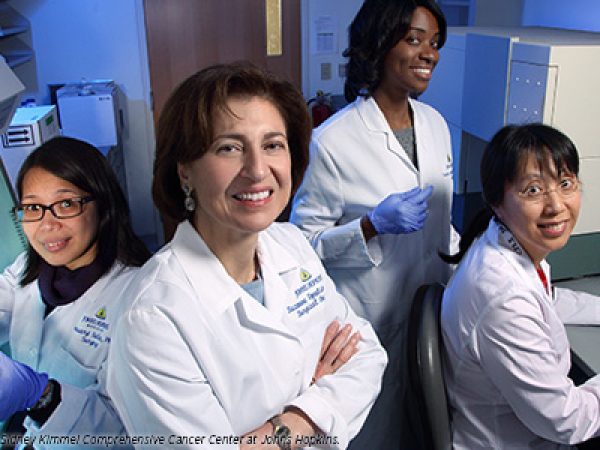Overcoming Metastatic Cancer
Toni English was determined to beat the poor prognosis after being diagnosed with stage 4 mucosal melanoma.

My name is Toni English. I grew up in a military family and traveled all over the U.S. and to Japan. It was a childhood filled with an appreciation for different customs and cultures.
I’m a wife, mother, and grandmother, and have been enjoying retirement near the Florida coast. Being a woman of strong faith, when I received my diagnosis of sinonasal mucosal melanoma in 2015, the only thing I knew to do was put whatever was ahead in God’s hands. My treatment journey was an opportunity to share my testimony of faith. At the time of diagnosis, I was given six months to live. My passion became the faith and determination to find a treatment that would change that outcome.
I made my first appointment with a general ENT after experiencing sinus problems and nose bleeds. After a missed diagnosis, several scans and tests, the diagnosis was confirmed: stage 4 sinonasal mucosal melanoma. Never having heard of this kind of cancer, I did the very worst thing I could have done—I went to the internet for information. The outdated information I found was scary and vague. There was no standard of care for this orphan disease and there was no known treatment for it.
I began to search for a doctor and found a melanoma specialist three hours away who was familiar with my form of cancer. At my first appointment, the diagnosis was confirmed, and a treatment plan was put into place. Surgery was done to remove the tumor, and radiation treatment followed. At the end of the treatment course, I was pronounced cancer-free and told to continue regular checkups. One year later, the scans showed metastases to my brain, lungs, and right kidney. My doctor began a treatment of immunotherapy, and I had Gamma Knife radiation for the brain metastases.
During these treatments, my husband decided to retire so I was packing and preparing to sell our home of 13 years to move closer to my new grandson. This also meant finding another melanoma specialist who was familiar with mucosal melanoma so I could continue my treatment and care. The first immunotherapy had no effect, so I started a second combination immunotherapy, which caused serious side effects and hospitalization.
After some time to stabilize and recover, I wasn’t sure what else could be done. In January 2018, I went in for my next scheduled appointment and asked my oncologist about next steps. He presented an opportunity to participate in a clinical trial for TIL (tumor infiltrating lymphocyte) therapy. I eagerly agreed and began the evaluation process to see if I qualified. The response was positive and after completing the required tests and having some of my tumor tissue harvested for the therapy, I was admitted to the hospital. I spent one week receiving immune depletion drugs and on April 2, 2018, received my TIL therapy infusion. Six weeks later, my scans showed significant tumor shrinkage. After six months, the tumors were gone, and I was NED – no evidence of disease!
Today, I continue routine monitoring and remain cancer-free. I credit my survival as a gift from God. I use my experience to advocate and raise awareness for mucosal melanoma and provide support and encouragement to other patients and their caregivers. This is done through social media, phone calls, and meeting other patients who come to my area for treatment. I am the Operations Director for the Mucusal Melanoma Warriors Foundation, which was set up to honor the legacy of another patient with this rare type of cancer who lost her battle. With the help of other mucosal melanoma patients, I was also instrumental in creating a new website to provide up to date information and support with resources for newly diagnosed patients and their caregivers. I hope to bring hope and encouragement every day, living by the motto “No One Fights Alone.”
Whether you are a patient, survivor, caregiver, or loved one touched by cancer, your story can have an enormous impact. You can provide hope and inspiration to someone recently diagnosed with cancer or a patient undergoing therapy.
Share Your Story



